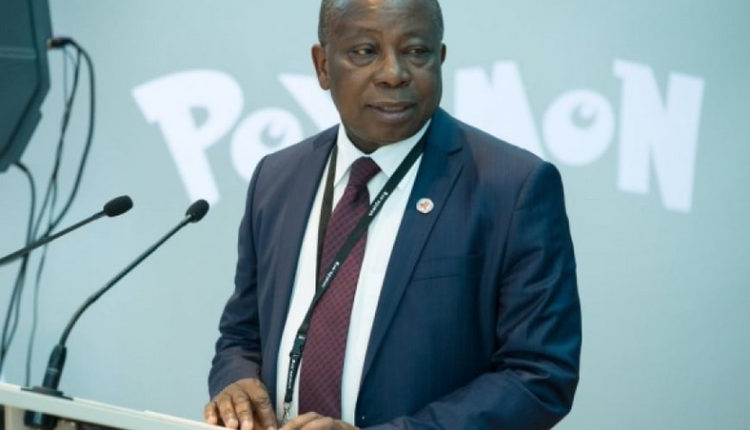The Minority in Parliament has said, they find it extremely damaging the manner in which the government of Ghana has chosen to focus on the management of information relating to the COVID epidemic in Ghana rather than management and control of COVID-19 to guarantee the health and safety of Ghanaians.
On the back of the outbreak of the highly transmissible COVID-19 delta variant, the Ranking Member on the Health Committee of Parliament, Kwabena Mintah Akandoh said government must return to the regime of aggressive testing and contact tracing.
“Revert to its initial plan on testing by conducting routine surveillance tests, enhanced contact tracing tests and also effective testing of all incoming travellers not just at Kotoka but also across our sea ports and land borders.
“Immediately put in measures and produce within a week an effective genomic sequencing policy for COVID-19 that is credible and effective enough to facilitate the early detection of all COVID-19 variants and the extent of their spreads within Ghanaian communities” he said at a press conference.
He added, “Release approved funds for the various health institutions and agencies so they can better perform their duties. Fast-track the procurement of vaccines through appropriate channels to secure vaccines for the remaining 19 million Ghanaians it promised to vaccinate this year. Be candid with Ghanaians on the real COVID-19 situation in Ghana. At the very onset of our COVID-19 experience, we were all made to believe that the most important element of epidemic management was testing, testing and testing. In order to be effective at this government informed the general public that it will employ three testing mechanisms including routine surveillance which involves mass testing at specific locations, enhanced contact tracing where persons close to or living within a specified distance to infected persons will be tested and finally testing of travellers arriving within the country.
“All testing services were to be offered free of charge to Ghanaians either through routine surveillance, contact tracing or on request at various hospitals and referral centres to help save lives and control the spread of COVID-19 within our communities. This announcement brought some relief and comfort to many Ghanaians seeking some clarity on government’s interventions in the face of a ragging pandemic.”
“However, by June last year, not only had routine surveillance been curtailed, enhanced contact tracing which government promised had also ceased, testing was now based on making out-of-pocket payments at health facilities. As we speak if infected persons don’t call persons they have been in contact with, tell them their status and encourage them to also test; none of their contacts will be traced and tested to identify and treat infected persons within the community. On the issue of testing arriving travellers at our borders, this is currently limited to persons arriving at Kotoka international airport leaving untested travellers arriving via ships through our sea ports or through our land borders.”


Comments are closed.